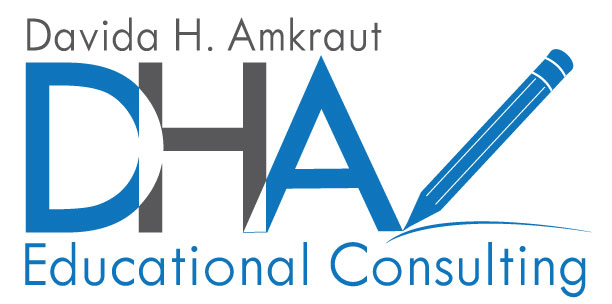The dreaded supplemental question that stumps most seniors is “Why University X?” Perhaps the student may not really want to attend the school, and it’s only on their list because it’s a safety school or maybe the question is just too broad and getting started seems impossible. Whatever the case, the question is not optional. A common mistake is when an applicant writes a travel brochure for the city where the university is located. “The hustle and bustle of New York City is exhilarating” or “the proximity of the beach in Los Angeles just can’t be beat” are common errors. Believe me, the admission officers know what makes their city so special. They live there!
Here is what needs to be communicated:
Why do you want to attend that particular university? Is it because there is a certain professor you have always dreamed of studying with or is there a program that is unavailable elsewhere? What about specific clubs that the school is known for? What was your campus visit like? Dig deep into the school’s website. Go through the courses that are offered and create a list of ones that you find intriguing. But be careful not to make your essay read like a list. Breathe personality into it as you write. Talk to alumni or current students to see why they are so happy and what makes them happy.
Here are two excerpts that worked:
“ If college is a means of preparing one with the tools for the future, then Northwestern is a Swiss Army Knife. From a chemistry facility boasting eight multi-million dollar NMR machines to being able to study under Professor Peter J. Carroll, whose expertise in the study of Chinese history enabled him to study with the likes of Jonathan Spence (whose work is included in my own Chinese history course), there seems no stone left unturned in preparing me for my future. A study abroad program offering opportunities to attend China’s renowned Beida University and a robust Office of Undergraduate Research provide me with the necessary opportunity to succeed in my future.”
Or
“What is particularly attractive to me is that Barnard’s structured curriculum guarantees that its graduates will be well rounded in different areas that are not part of their intended major. Required credits such as Modes of Thinking, a first year writing requirement, and electives such as The Comparative Politics of Gender Inequality are just examples of the many classes I could take that would continue to open my eyes to new ideas and thoughts. The Foundations requirements will expose me to seasoned professors who are passionate about their subjects and most importantly the Barnard community will challenge me, encourage me to continue to ask questions, and have my voice heard.”
What you may notice from reading these short paragraphs is the reader gains an insight into the applicant that may not appear anywhere else in the application, and that is priceless information.
Happy writing!
